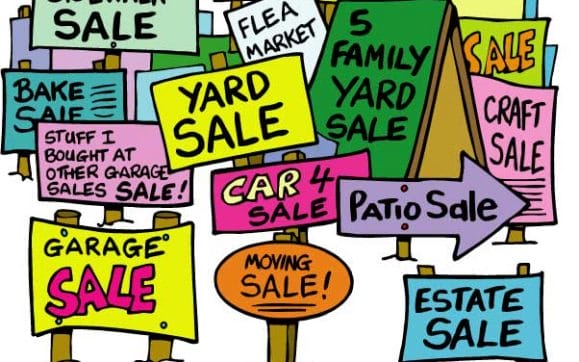
You’re probably not in the market for a used airplane. But if you were, one of the most important things you’d look at when checking out a plane is its logbook.
Logbooks are a complete record of an aircraft’s history, where every bit of maintenance and flight time is logged by a mechanic. As it turns out, people are very interested in the safety record and maintenance of their giant, flying pieces of metal. A lost logbook can reduce the resale value of a private plane up to 25% or even 50%. Even if the plane is in mint condition, the uncertainty over its safety and performance will drastically reduce its value.
The same gnawing uncertainty that keeps an amateur pilot from buying a plane without a logbook is the same uncertainty at work with every used iPhone, toaster, and bicycle. It’s why the value of a new car drops around 10% as soon as it is driven off the lot and why the market for used mattresses ain’t exactly thriving. You can never truly know how a used product has been treated by its owner.
That uncertainty usually keeps people from buying used at all. It keeps us going to the store for new products.
That’s too bad because a major shift toward buying used could move the needle in many ways. It would reduce waste, pollution and carbon emissions, save people money, and maybe even put a dent in the American proclivity for accumulating too much crap.
For something expensive, like a car, it makes economic sense to have an expert appraise the condition of the product. But that is not feasible for more modest purchases. So how do we reduce the uncertainty over buying used? Put another way, how do we create a logbook for every product?
We can think of some possibilities. The same technology used to detect if you shake or turn your smartphone could be adapted to detect how many times it’s dropped. (Although the falls you should worry about are the ones that the phone would probably be too damaged to record…) Or if the Internet of Things ever becomes a thing, products could automatically keep up a log of their performance over time.
What do you think? Our hunch is that facilitating efficient, trustworthy markets that change people’s consumption habits in favor of buying used could be massively beneficial. Is creating a logbook for every product the way to reduce people’s nervousness about used products? If so, how could it be done?
This post was written by Alex Mayyasi. Follow him on Twitter here or Google Plus. To get occasional notifications when we write blog posts, sign up for our email list.



